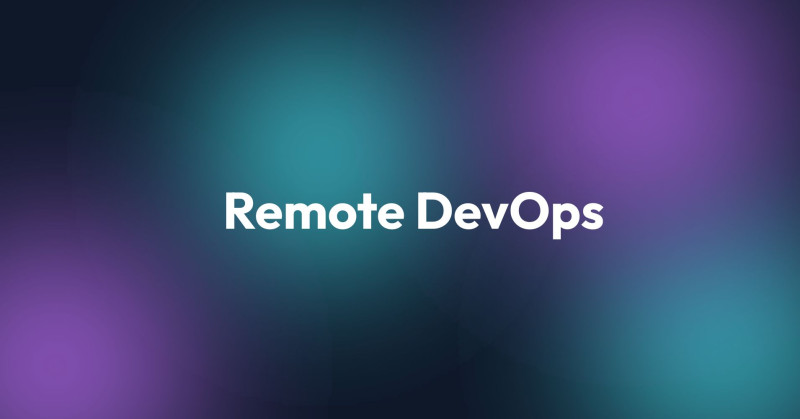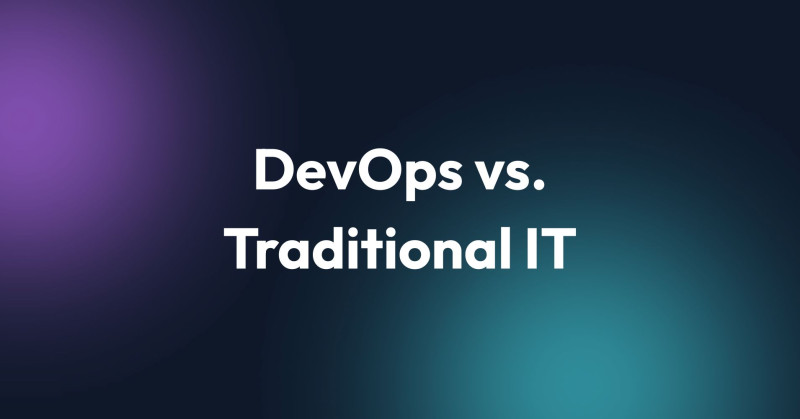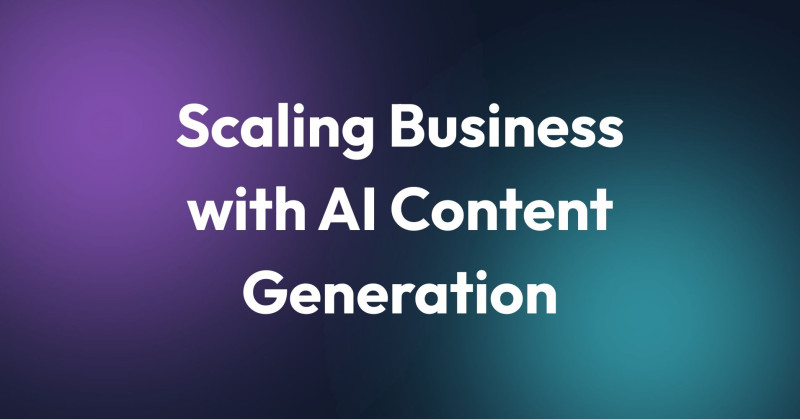Employer branding (EB) has become a key tool for attracting and retaining talent in the competitive IT industry. Employer branding is a strategy to build a company's image as an attractive place to work. For tech companies, which constantly face a shortage of qualified employees, effective EB is not only a way to stand out in the market but also to create loyal and motivated teams.

What is Employer Branding? Why is it Important for Employers?
Employer branding is a strategy to build a company’s image as a desirable workplace. It’s about ensuring the company is seen by potential and current employees as a unique environment worth working in. It’s not just about job ads – it’s how an organization communicates its values, work culture, approach to employees, and long-term vision for growth.
In short, employer branding is an investment in building lasting relationships with employees, which translates into greater loyalty, engagement, and improved business results.
Employer branding is crucial for employers because it helps attract and retain top talent, which is especially important in competitive industries like IT.
A strong employer image encourages candidates to apply, while current employees become more loyal and engaged, reducing turnover. Employees who feel the company invests in their growth and well-being are more motivated, leading to higher productivity.
Additionally, companies with strong employer branding have more efficient recruitment processes, attracting the right candidates and building their reputation as an attractive employer.
Internal and External Employer Branding – What’s the Difference?
Internal and external employer branding are two sides of the same strategy for building an employer’s image, but they target different audiences and have different methods of implementation.
Internal employer branding is aimed at current employees. Its goal is to build engagement, loyalty, and job satisfaction. Internal EB efforts include creating a friendly organizational culture, offering development programs, promoting work-life balance, providing benefits, and fostering relationships based on mutual respect and trust. This makes employees feel part of the company, increasing their motivation and long-term commitment.
External employer branding is directed at people outside the organization—potential candidates and the general public. Its goal is to create an attractive image of the company as a place to work to attract top talent. External efforts include recruitment campaigns, social media presence, participation in job fairs, and publishing content that highlights the company’s mission, values, and organizational culture. In this case, the company builds a reputation as an attractive employer in the eyes of future employees.
Why is Strong Employer Branding so Important?
The IT industry, characterized by rapid development and innovation, faces challenges such as high employee demands and frequent turnover. IT specialists with unique skills have a wide choice of offers, allowing them to often dictate employment terms. In this context, companies that carefully build their employer brand gain a competitive advantage.
A well-crafted employer branding strategy not only attracts top candidates but also creates a bond with employees from the recruitment stage. Employees who feel connected to the company are more motivated, and as a result, are less likely to consider changing jobs. Strong EB also helps shorten the recruitment process and increase employee satisfaction and engagement.
Employer Branding Strategy: the Best Examples from the IT industry
The tech industry is full of memorable examples of excellent employer branding.

Google – "Work the way you live"
Google has long been recognized as one of the best employers in the world. The slogan "Work the way you live" perfectly reflects Google’s philosophy, where work is not just about earning money but is also a place for development and self-fulfillment. The company focuses on flexibility and employee comfort, offering hybrid work options, access to creative spaces (Google Campus), and numerous personal development opportunities.
Google builds its employer brand through an innovative approach to the work environment and advanced employee benefits. Examples include flexible working hours, a wide range of training, and a strong emphasis on work-life balance, which translates into high satisfaction and loyalty among employees.
Microsoft – "Empowering every person"
Like Google, Microsoft places a strong emphasis on talent development. The company offers advanced training programs, such as Microsoft Learn, allowing employees to acquire new technological skills.
Microsoft’s mission is "Empowering every person," which means enabling everyone to grow and achieve their professional goals. A strong commitment to employee development and promoting innovation makes Microsoft recognized as an employer that invests in its teams, providing them with the tools for continuous growth.
Read more: Emotional Intelligence in the Workplace - What Is It and How to Improve It?
Salesforce – "Ohana Culture"
Salesforce stands out from other IT companies with its work culture based on interpersonal relationships. "Ohana" – meaning family in Hawaiian – is the concept that forms the foundation of Salesforce’s employer branding strategy. The company focuses on collaboration, mutual support, and employee care.
The "Ohana" culture is more than just a slogan – it’s an approach that promotes integration and a sense of belonging. Salesforce employees feel like they’re part of a community, which leads to greater engagement and job satisfaction.
Accenture – "Let there be change" and "Truly human"
Accenture focuses on continuous innovation and promotes the mission "Let there be change," which highlights that change is a constant element in the dynamic tech industry. This mission attracts talent seeking challenges and wanting to work in an environment where innovation and growth are everyday occurrences.
At the same time, Accenture cares about the emotional and physical well-being of its employees through the "Truly human" campaign, which includes programs supporting mental health and work-life balance. This holistic approach to employee care builds strong relationships and loyalty within teams.
What Can Companies Learn from IT Employer Branding Leaders?
Examples from companies like Google, Microsoft, Salesforce, and Accenture show that strong employer branding is based on a few key elements:
- Personalized approach to employees – addressing their individual needs and expectations.
- Authentic organizational culture – creating a work environment that reflects the company’s real values, not just marketing slogans.
- Supporting development – consistently investing in employee education and creating opportunities for growth within the company.
Companies aiming to build a strong employer brand should learn from IT industry leaders by personalizing their approach, creating authentic workplaces, and supporting employee development at every stage of their career.





















